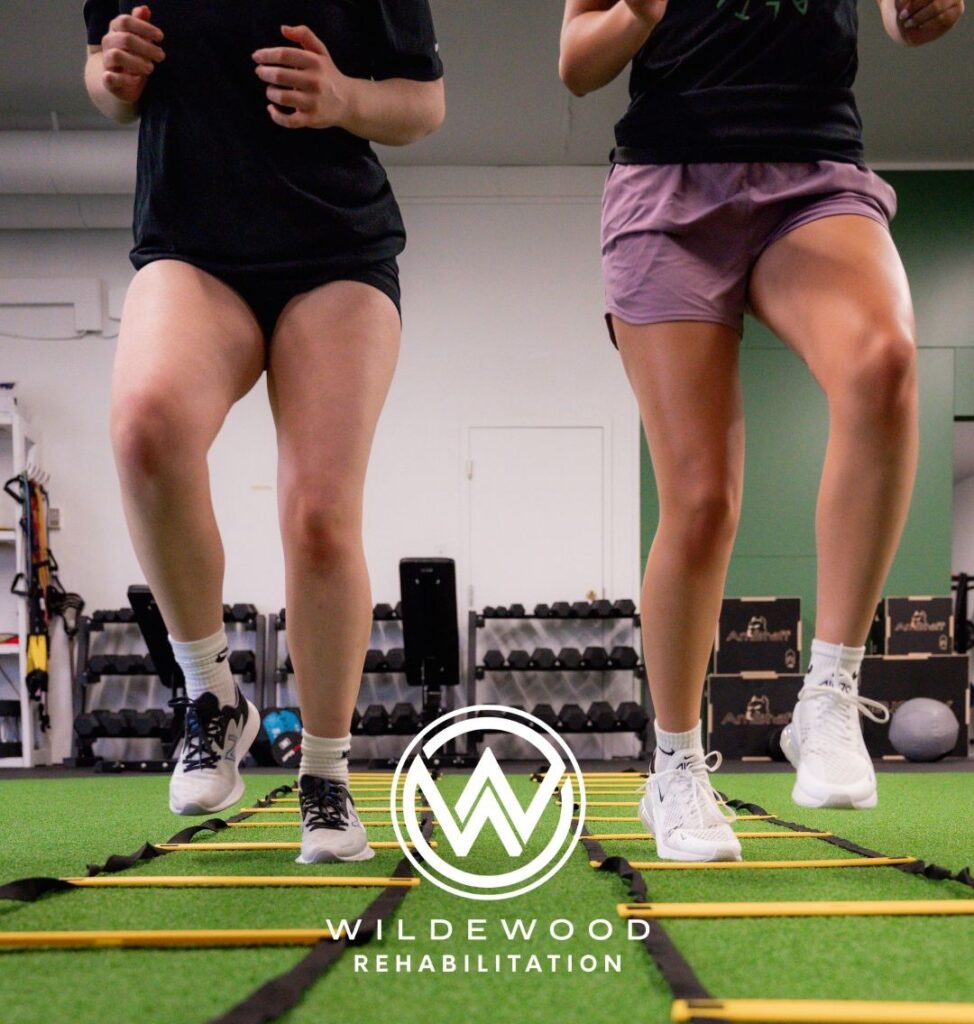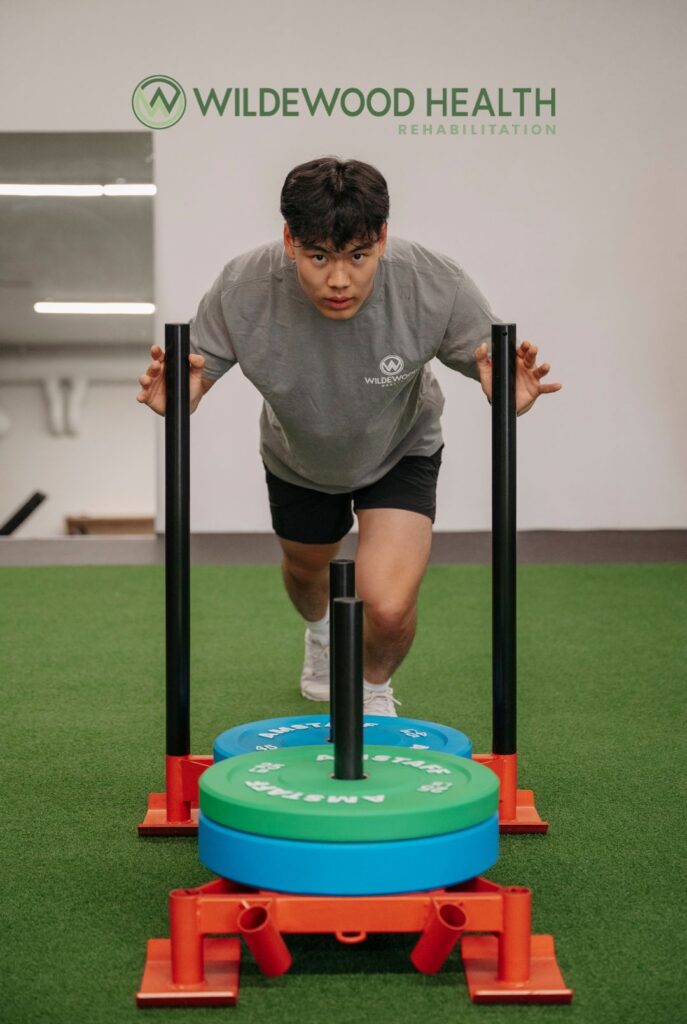Sports injuries are an unfortunate reality for athletes of all levels. Whether you’re a weekend warrior or a professional athlete, the risk of injury is always present. However, with the right knowledge and preventive measures, many common sports injuries can be avoided. Physiotherapy plays a crucial role in injury prevention by helping athletes maintain optimal physical condition and address potential issues before they become serious problems. Here are some top tips for preventing common sports injuries with physiotherapy.
1. Warm Up and Cool Down Properly
One of the simplest yet most effective ways to prevent sports injuries is to incorporate proper warm-up and cool-down routines into your training regimen. A good warm-up increases blood flow to your muscles, enhances flexibility, and prepares your body for the physical demands of your sport. Similarly, cooling down after exercise helps your muscles recover and reduces the risk of stiffness and soreness. Physiotherapists can design personalized warm-up and cool-down routines tailored to your specific sport and needs.
2. Focus on Flexibility and Mobility
Maintaining flexibility and mobility is crucial for preventing injuries, especially in sports that require a wide range of motion. Tight muscles and joints can limit your performance and increase the risk of strains and sprains. Regular stretching exercises, guided by a physiotherapist, can help improve flexibility and mobility. Techniques such as dynamic stretching before exercise and static stretching after exercise are particularly beneficial.

3. Strengthen Core Muscles
A strong core is the foundation of athletic performance and injury prevention. Core muscles, including the abdominals, obliques, and lower back muscles, provide stability and support to the entire body. Weak core muscles can lead to poor posture and increased stress on other parts of the body, making you more susceptible to injuries. Physiotherapists can prescribe specific exercises to strengthen your core, improving your overall stability and reducing the risk of injury.
4. Address Muscle Imbalances
Muscle imbalances occur when certain muscles are stronger or more developed than others. These imbalances can lead to improper movement patterns and increased strain on joints and ligaments. A thorough assessment by a physiotherapist can identify any muscle imbalances you may have. They can then develop a targeted exercise program to correct these imbalances, ensuring that all muscle groups work together harmoniously.
5. Incorporate Strength Training
Strength training is an essential component of injury prevention. Strong muscles, tendons, and ligaments are better equipped to handle the stresses and strains of physical activity. However, it’s important to perform strength training exercises correctly to avoid injury. A physiotherapist can teach you proper techniques and ensure that your strength training routine is balanced and effective. They can also recommend sport-specific exercises that target the muscles most susceptible to injury in your particular sport.
6. Practice Proper Technique
Using proper technique is vital for preventing injuries, particularly in sports that involve repetitive movements or high-impact activities. Poor technique can place unnecessary stress on your body and increase the risk of overuse injuries. Working with a physiotherapist or a qualified coach to refine your technique can help you perform movements more efficiently and safely. They can provide valuable feedback and make adjustments to your form, reducing the likelihood of injury.
7. Listen to Your Body
One of the most important tips for preventing sports injuries is to listen to your body. Pain and discomfort are often early warning signs of potential injury. Ignoring these signs and pushing through pain can lead to more serious injuries and longer recovery times. If you experience persistent pain or discomfort, it’s essential to consult a physiotherapist. They can assess your condition, provide appropriate treatment, and guide you on how to modify your activities to prevent further injury.
8. Stay Hydrated and Maintain Proper Nutrition
Hydration and nutrition play a significant role in overall physical health and injury prevention. Dehydration can lead to muscle cramps and decreased performance, increasing the risk of injury. Proper nutrition provides the necessary fuel and nutrients for muscle recovery and repair. A physiotherapist can offer guidance on hydration strategies and nutritional practices to support your athletic performance and reduce the risk of injury.

9. Use Proper Equipment
Using appropriate and well-maintained equipment is crucial for preventing sports injuries. Worn-out shoes, ill-fitting gear, and outdated equipment can increase the risk of injury. Ensure that your equipment is in good condition and suited to your sport. Physiotherapists can offer advice on the best equipment for your needs and how to use it correctly.
Conclusion
Preventing sports injuries is a multifaceted approach that involves proper training, conditioning, and self-care. Physiotherapy plays an integral role in this process by providing personalized assessments, targeted exercise programs, and expert guidance. By incorporating these top tips into your training routine, you can reduce the risk of common sports injuries and continue to enjoy your athletic pursuits safely and effectively. Remember, staying proactive and prioritizing injury prevention will help you achieve your performance goals and maintain a healthy, active lifestyle.






